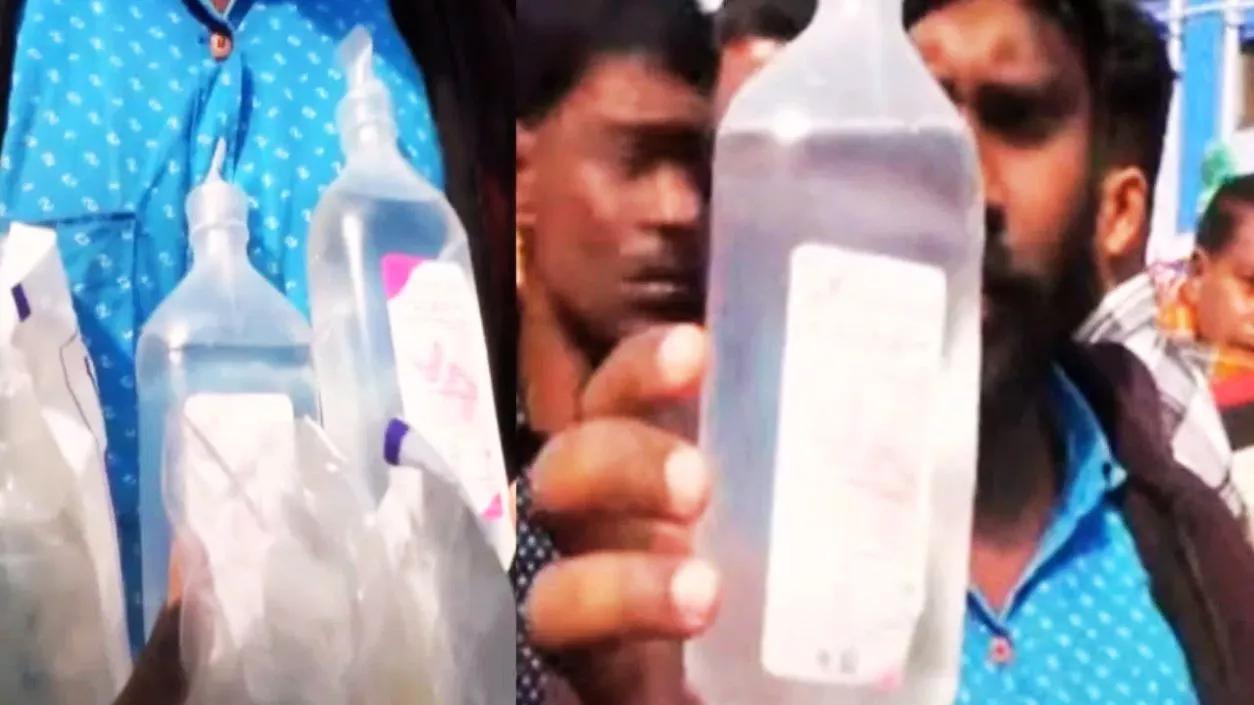.gif)
.gif)

A recent investigation into West Bengal Pharmaceutical’s Ringer Lactate (RL) saline, following allegations that it contributed to a maternal death at Medinipur Medical College, has resulted in the product being cleared by a Mumbai-based drug testing laboratory. The West Bengal Health Department had banned the use of this saline, along with 10 other products from the same company, after concerns were raised over its potential link to the fatality.
In December, drug control officials from the central and state governments collected samples from the Chopra manufacturing plant, where the saline is produced. The samples were sent to Mumbai for testing, and after conducting a thorough analysis, the Mumbai lab concluded that there were no contaminants or issues found in the RL saline. The lab confirmed that the saline met the required safety and quality standards set for intravenous fluids used in medical treatments. The findings led to the product being cleared of any fault in the case of the maternal death.
Despite the clean report from the Mumbai lab, the West Bengal Health Department has opted to maintain its ban on the RL saline, citing concerns over the sterilization and manufacturing processes employed by the company. Officials from the Health Department stated that the company’s method of sterilization did not comply with the necessary safety standards for medical-grade products, which is why the ban was enforced as a precautionary measure. The department also mentioned that further inspections would take place to ensure the safety of all products produced by the company before any decision on lifting the ban could be made.
The controversy has sparked a response from the medical community, particularly junior doctors, who have questioned the continued ban on the RL saline in light of the lab’s findings. Some doctors reported that patients had shown adverse reactions such as respiratory distress and urinary retention after receiving the saline, raising concerns over its safety. However, the Mumbai lab’s results indicated that no contamination or defects were found in the saline, and the issue remains unresolved. Further scrutiny of the product's manufacturing process is expected as part of ongoing investigations.